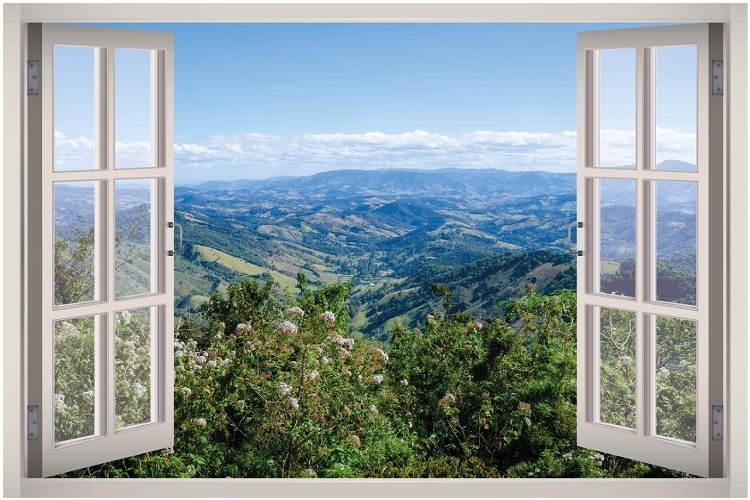When you’re living in Denver, pounding hail and heavy snows can do a number on your windows. Beyond the obvious chips and cracks, severe weather also tends to cause problems with screens, glazing, and trim– all of which need to be taken care of quickly in order to ensure you’re not leaking heat out in the winter and AC out in the summer.
One of the worst things winter can do to your windows is generate mold. While many think of mold as a warm-weather problem, it’s actually prevalent any time moisture and oxygen spend time together. When you’ve been experiencing heavy snowfall, mold can multiply like crazy around your windows.
And, even if it was a winter without much wind and hail, you may still find that your window panes are cracking. Thanks to Denver’s bipolar weather patterns, swift changes in temperature can mean thermal stress cracks. Thermal stress cracks happen when the glass expands and then contracts due to the swift temperature changes.
Plus, if you have double-paneled insulated windows, those kinds of cracks can lead to condensation seeping between the panels. This serious problem calls for immediate replacement, though that work is sometimes covered under the product’s warranty.
What it all boils down to is that now that spring has sprung, you’re going to want to check thoroughly for any problems with your windows.
The first step is to check each one for visible condensation between panels. This problem won’t be hard to spot– once moisture seeps in it almost never seeps back out, so you’ll be able to find it easily.
Next check for cracks, fractures, and chips. Even the smallest line running through your window could lead to bigger problems if left unchecked, so it’s a good idea to get it replaced or repaired.
After that, inspect for mold. You’ll need to be thorough with this one. Check the whole window area from the inside and the outside. Open the window so you can check underneath and on the sides, as well.
Next, look for air leakage. This is the hardest problems to check for, as it requires a bit of environmental control. One of the best methodologies for finding leaks is doing a “smoke test.” First, close all of the windows and doors in your house and shut down any appliances that use combustion, like your furnace and your hot water heater. Then, turn on the exhaust vents in all of your bathrooms, and kitchen if you have one. This essentially creates a vacuum in your home, sucking any air it can from the outside. Finally, light up an incense stick and bring it around to all of the windows in your home. If the smoke starts moving away from the window, it mean that that window isn’t sealed properly and is letting in a draft. This can usually be repaired, but sometimes means a replacement.
If you’ve found any issues and are looking for window replacements in Denver, give JDI Windows a call for fast, professional services, and long lasting windows.









